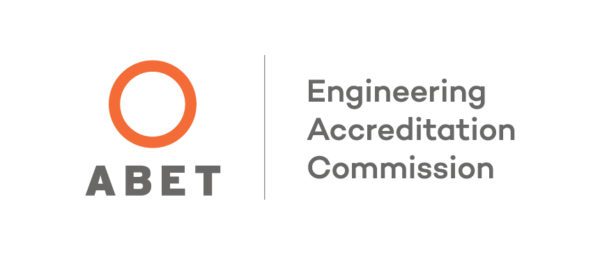Electrical Engineering ABET Status and Information
ABET Status
ABET is the recognized accreditor for college and university programs in applied science, computing, engineering, and technology. ABET has provided leadership and quality assurance in higher education for over 70 years.
The B.S in Electrical Engineering at Texas A&M University Texarkana is accredited by the Engineering Accreditation Commission of ABET, https://www.abet.org, under the General Criteria and the Electrical Engineering Program Criteria.
EEEN Mission
The mission of the Electrical Engineering Department is to provide students with the fundamental knowledge and skills needed to excel in the integration of science and electrical engineering to improve the quality of life and to become leaders in electrical engineering.
EEEN Program Educational Outcomes
The Educational Objectives of the Electrical Engineering Program are
PEO 1: To produce graduates who will be engaged in professional practice as electrical engineers able to work in a team environment and communicate effectively.
PEO 2: To produce graduates who will demonstrate leadership skills in their professional careers with high standards of ethics.
PEO 3: To produce graduates who will engage in professional development or post-graduate education, to continue their self-development in electrical engineering or other related fields.
Outcomes:
The skills that our students can expect to master in our Electrical Engineering Program by graduation are rooted in the following Student Outcomes:
-
An ability to identify, formulate, and solve complex engineering problems by applying principles of engineering, science, and mathematics
-
An ability to apply engineering design to produce solutions that meet specified needs with consideration of public health, safety, and welfare, as well as global, cultural, social, environmental, and economic factors
-
An ability to communicate effectively with a range of audiences
-
An ability to recognize ethical and professional responsibilities in engineering situations and make informed judgments, which must consider the impact of engineering solutions in global, economic, environmental, and societal contexts
-
An ability to function effectively on a team whose members together provide leadership, create a collaborative and inclusive environment, establish goals, plan tasks, and meet objectives
-
An ability to develop and conduct appropriate experimentation, analyze and interpret data, and use engineering judgment to draw conclusions
-
An ability to acquire and apply new knowledge as needed, using appropriate learning strategies
Annual Student Enrollment and Graduation Data
Texas A&M University-Texarkana Main Campus
| Academic Year | Total Enrollment | Degrees Awarded |
| 2014-2105 | 56 | 4 |
| 2015-2016 | 61 | 10 |
| 2016-2017 | 66 | 11 |
| 2017-2018 | 66 | 8 |
| 2018-2019 | 84 | 9 |
| 2019-2020 | 95 | 13 |
| 2020-2021 | 83 | 18 |
| 2021-2022 | 57 | 16 |
RELLIS Campus
| Academic Year | Total Enrollment | Degrees Awarded |
| 2020-2021 | 2 | 0 |
| 2021-2022 | 7 | 0 |
Advisory Board
|
First |
Last |
Title |
Company |
|
Gary |
Gathright |
Mechanical Engineer |
Ledwell & Sons Enterprises, Inc. |
|
Ron |
Collins |
President |
JCM Industries, Inc. |
|
Michael |
Winarta, MS, PE |
General Manager |
New Millennium Building Systems |
|
Dusty |
Wiley |
CUSTOMER DESIGN Manager |
SWEPCO |
|
Alondria |
Hamilton |
Sr. Talent Acquisition Partner |
Domtar |
|
Wesley |
Bennett |
Sr. Product Engineer |
Smith-Blair (Xylem) |
|
Kenneth |
Irizarry |
Chief, Environmental Division |
RRAD |
|
James |
Blevins |
Process Automation Director |
Priefert |
Alumni Members
| Anthony | Sciara, Jr. | Rockwell Automation Specialist | Irby Co |
| Blake | Crocker | Mechanical Engineer | Texarkana Aluminum |

